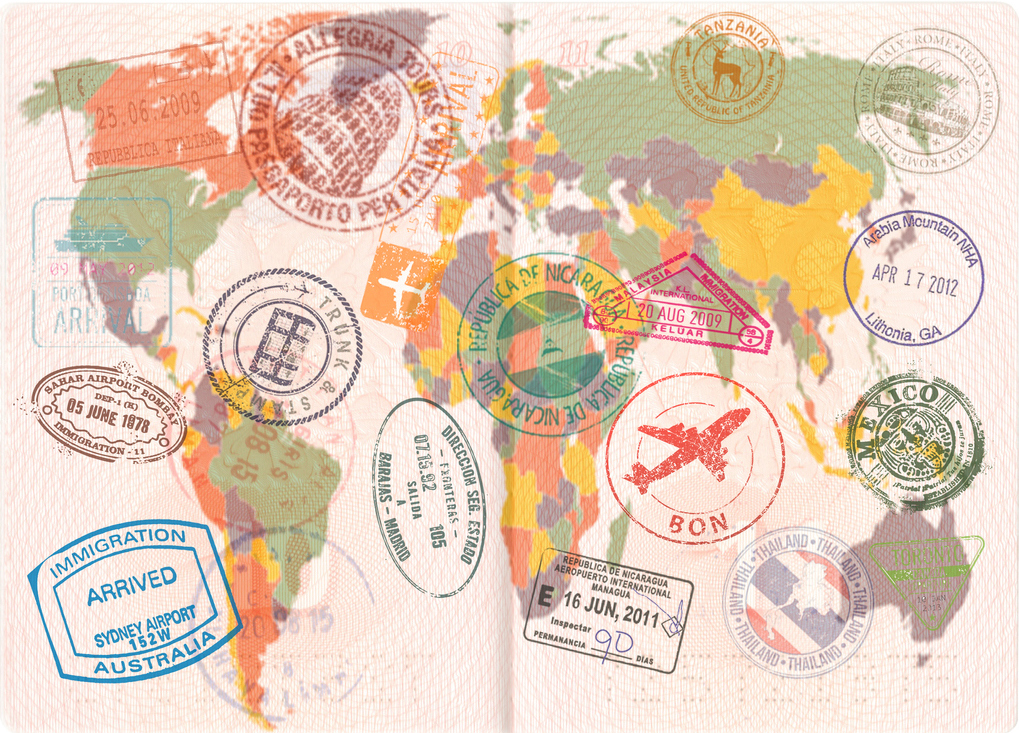
Race, Global Migration and Precarity
UC Santa Barbara has received a grant of $225,000 from the Andrew W. Mellon Foundation to launch a Sawyer Seminar entitled “Race, Precarity, and Privilege: Migration in a Global Context.”
Established in 1994 to provide support for comparative research and intellectual exchange in the humanities and social sciences, the Mellon Foundation’s Sawyer Seminars act as temporary research centers. UC Santa Barbara is one of only 10 universities worldwide to receive this award in 2020.
The principal investigators for this seminar include Jean Beaman, associate professor of sociology; France Winddance Twine, professor of sociology; John S.W. Park, professor of Asian American studies; Kim Yasuda, professor of art; and Lisa Parks, professor of film and media studies. It will be housed in The Migration Initiative at UC Santa Barbara, which also will be instrumental in organizing the series as it take place over the next academic year.
“This prestigious award, won by five stellar faculty members, embodies every important principle that the Division of Social Sciences seeks to practice and uphold,” said Dean Charles Hale. “It is broadly collaborative across disciplinary boundaries; groundbreaking in scholarly focus, ethically and politically engaged with a pressing social problem; and it opens new terrain of pedagogic innovation.”
This Sawyer seminar uses California, France and South Korea and paradigmatic sites to consider how post-colonial legacies and white supremacy have shaped migration, citizenship, inclusion and exclusion and race and racial ideologies. The persistence of colonial ideologies, structures and policies, the researchers say, are expressed in ongoing debates about belonging, citizenship and nationalism and in racialization of national and state borders and boundaries. Their effects, the researchers add, are also manifest in an array of contemporary cultural forms, ranging from radio to film and from art, dance and music to social media. The seminar also considers the roles of media and art in reinforcing and contesting these various ideologies and debates.
“Today, the comparative migration studies are more critical than ever, and I’m thrilled to work with the other P.I.’s to examine questions of migration, race and white supremacy through a multi-sited, interdisciplinary perspective,” said sociologist Beaman. “One of our goals with this seminar is to make visible the regional and disciplinary imbalances in the scholarship on race, racism, post-colonialism and global migration, and UC Santa Barbara is a great site to do this work.”
Noted John S. W. Park, director of The Migration Initiative, “My colleagues and I are looking forward to bringing the best scholars from all over the world to join us to think through some of the most compelling and vexing issues of our time. Dean Hale has helped us hire some of the most prominent young scholars in migration studies in the social sciences, and this seminar will showcase their work. It’ll also help us build important intellectual connections across campus.”
Throughout the course of the seminar, scholars will one academic quarter each to California, South Korea and France, incorporating discussions on media representations across the three sites. The grant also will support a postdoctoral fellowship and fellowships for two doctoral students. In addition, the project will produce a series of podcasts based on seminar activities.
“It couldn’t have come at a more crucial time,” Hale said of the seminar. “To confront the multiple, colliding societal crises of the present, we need audacious, transformative collective energies, to push us to rethink our practices as teachers, administrators and scholars. This Sawyer Seminar, in conjunction with the nine newly recruited faculty members of The Migration Initiative, is sure to contribute richly to this broader aspiration.
Questions about the seminar may be directed to Beaman at jbeaman@ucsb.edu or to Park at jswpark@ucsb.edu.



